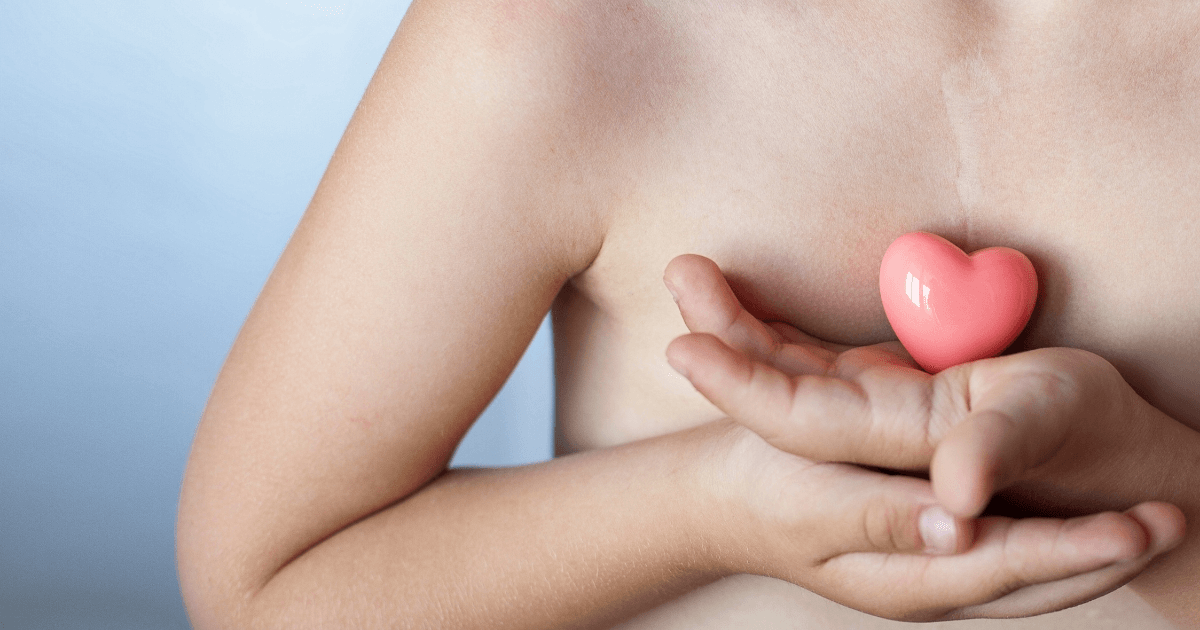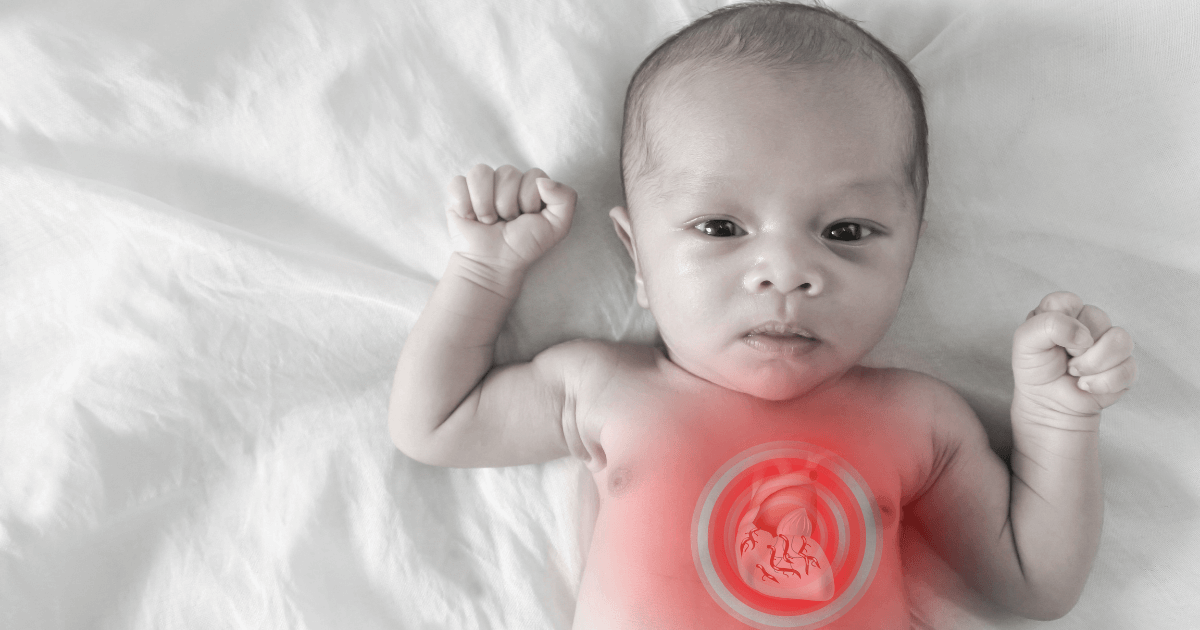“CHD is an abnormality in a neonatal. It can affect the heart walls, heart valves, and blood vessels of the baby.”
What Factors are Responsible for an Infant’s Heart Defect. Some babies can be born with heart defects due to one of the pregnancy complications. The complications in a baby’s heart are referred to as Congenital Heart Defects (CHD). There is no reason why some babies are born with heart defects. However, the abnormalities in the number of baby’s chromosomes and some other factors may affect a baby’s heart.
What is Congenital Heart Defect?
During fetal development, the heart and the blood vessels of a baby may not grow properly. Possibly, the passage of blood inside the heart or vessel is blocked. In such a scenario, the blood runs abnormally through the heart or the parts that are yet to develop. CHD is an abnormality in a neonatal. It can affect the heart walls, heart valves, and blood vessels of the baby. The abnormal formation of the heart during a baby’s growth in a womb is responsible for Congenital heart defects. Mainly it occurs due to gene or environmental factors. However, the reason for heart defects in babies is unknown in eight out of the ten cases.

“One of the most common symptoms of a baby’s heart defect is Down’s syndrome.”
Reasons for heart defects in babies
While your doctor doesn’t know why your baby has a heart defect, the cause can be any of the following.
Single Gene Defect
One cause of a baby’s heart defect is gene disorder. A person has around 70,000 genes in each cell of his/her body. Genes are responsible for controlling our traits. They can also lead us to understand several health concerns. A number of health issues may occur due to a single genetic disorder. This genetic disorder is known as a syndrome. One of the most common symptoms of a baby’s heart defect is Down’s syndrome.
Some of the genetic syndromes with higher heart defect rates are listed below:
- Marfan syndrome
- Noonan syndrome
- Mucopolysaccharidoses
- Smith-Lemli-Opitz syndrome
- Holt-Oram syndrome
- Alagille syndrome
- Ellis-van Creveld syndrome
Some other genetic syndromes are not associated with single gene defects but can lead to heart defects. They are:
- Goldenhar syndrome (hemifacial microsomia)
- CHARGE syndrome
- VACTERL association
Chromosome Abnormalities
There are around 46 chromosomes in each cell of a person’s body. These structures contain genes. Chromosome abnormalities occur when you have too many or less than normal chromosomes. It leads to chronic health concerns and birth defects. When a part of the chromosome is missing, it leads to structural defects in infants. The issues in chromosomes are responsible for genetic syndromes. It often leads to a higher risk of heart defects in babies. Following are some of the chromosomes syndromes associated with Congenital Heart Defects:
- Down’s syndrome (trisomy 21)
- Trisomy 18 and trisomy 13
- Williams syndrome
- Turner’s syndrome
- Cri-du-chat syndrome
- Wolf-Hirschhorn syndrome
- DiGeorge syndrome (22q11)
After a chromosome analysis is done with the help of a blood sample. It analyzes for a chromosome abnormality in a baby with a CHD. It shows if chromosomes are the culprit.
“1% of neonates are born with congenital heart defects. The reasons can, however, be hidden, but the treatment is possible.”
Family history
The risk of congenital heart defect increases by three times if there is a family history of heart defect. In each pregnancy, a parent’s heart defect promotes 50% chance of developing congenital heart defects in babies. Similarly, there will be a 50% chance that your baby will not be affected by your congenital heart defect. 1% of neonates are born with congenital heart defects. The reasons can, however, be hidden, but the treatment is possible. Your doctor may advise you on medications, surgical treatment, or combinations of both. It may vary from the severity of the defect.
Maternal Factors
In the process of fetal development, when your baby’s heart is in a growing stage, a Congenital heart defect may occur due to maternal factors. Maternal factors for congenital heart defects may include:
- Environmental substances
- Medical Conditions
- Habits like smoking and alcohol consumption
- Viral infections during pregnancy
- Obesity
“Malka Breidenstein is a Content Writer and writes blog about health-related articles”

